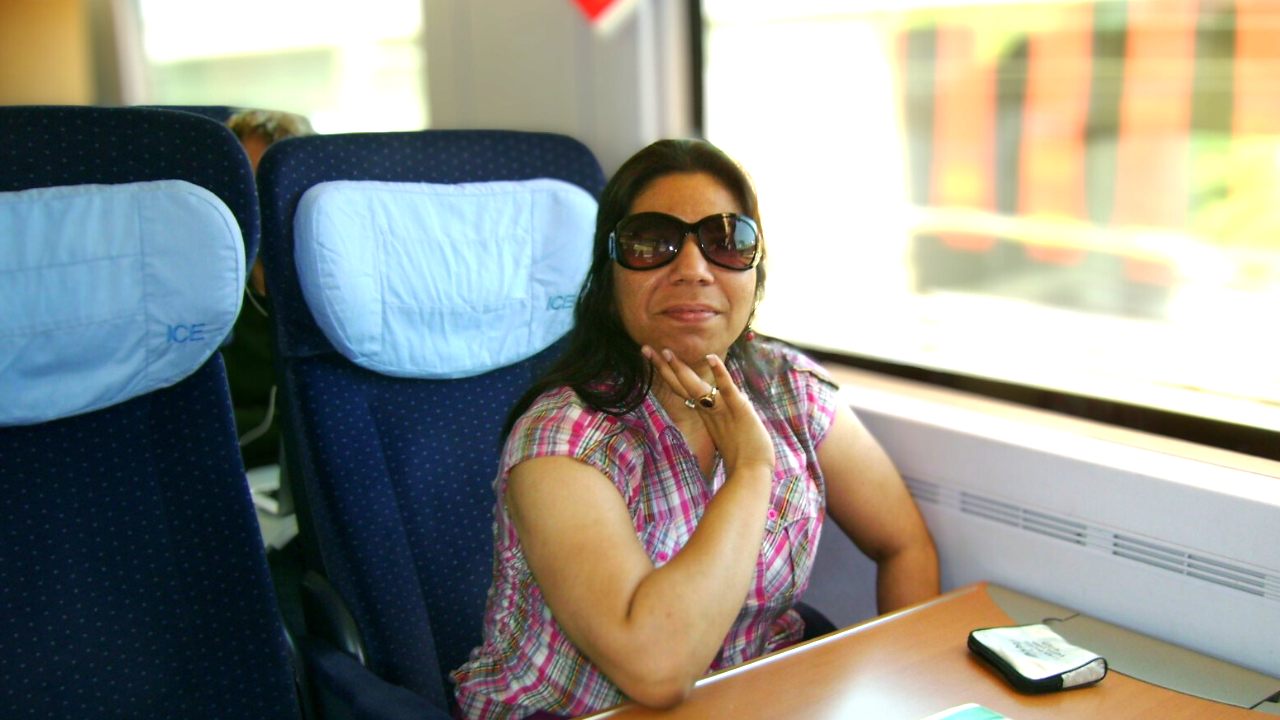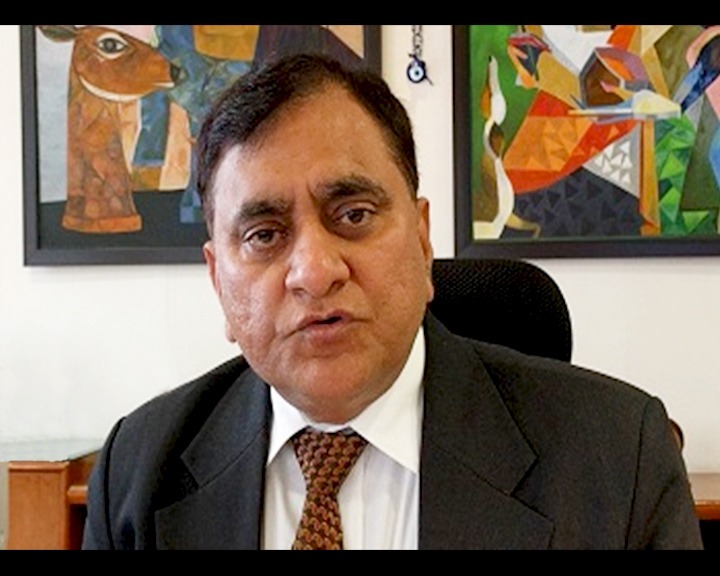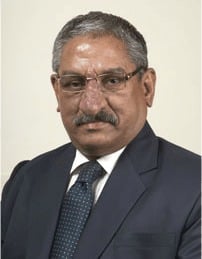Dr. Braj Bhushan is Professor of Psychology and Head of Department of Humanities and Social Sciences at #IITKanpur. He has also served IIT Guwahati and 九州大学 Kyushu University, Japan, as a visiting professor. Prof. Bhushan has also created five different courses for the Government of India’s National Program on Technology Enhanced Learning (NPTEL). These courses are shown on Channel 16 of #Swayamprabha in addition to Massive Open Online Courses (MOOCS).
For his work, Prof. Bhushan has been honoured by various institutions. In 2003, he was awarded the Young Scientist Award by the Indian Science Congress. After this, in 2004, the Indian Academy of Applied Psychology and the National Academy of Psychology honoured him with the ‘In Search of Excellence Award’. In 2010, he was awarded the ‘Our Common Future Fellowship’ from the Volkswagen Stiftung, Germany and in 2019 a fellowship from the Shastri Indo-Canadian Institute. In 2020, the Indian Science Congress invited him to the Platinum Jubilee Lecture at the 107th Bengaluru Conference. IIT Kanpur awarded him the Shri Dev Raj Chair Professor in 2018. In 2020, IIT Kanpur presented him with the ‘Excellence in Teaching Award’.
Here is an exclusive interview of Prof. Bhushan with The Interview World on various dimensions of #psychology.
#1. How to you differentiate psychology in India vs. the global standards?
When the world looks for psychologists, they mostly look for therapists, psychologists, or counsellors. Starting in 1879, the global expansion and growth of psychology has been uneven. In the last 142 years, Western psychology, mostly American psychology, has set the rules and standards. The discipline has strived for objectivity and quantification adopting many of the tools and techniques used in other physical sciences. On the contrary, to a larger extent, psychology in India has distanced itself from commitment to evidence-based scientific temperament and has largely confined itself to the adaptation of the half-baked Western mainstream psychology overlooking its socio-cultural aptness. As a result, we do not have our theories, models, and explanations. Psychology in academics and practice are governed by Western ideas and concepts.
Frankly speaking, one needs to rethink the scope of this degree. With a plain university degree in the subject, one can claim to fit any specialized professional branch of psychology. The raw products do not have the systematic scope of polishing themselves here. None of our programme in psychology appears in any global ranking.
#2. What’s the psychology index of India and what measures are required to improve?
We started the programme way back in 1916 at Calcutta University. Since inception, psychologists in India have been propagating the Euro-American theories and principles. The same has percolated to the clinical practice, both in clinical psychology and psychiatry. Only handful of Indian scholars have propounded indigenous notions that have been recognized worldwide.
Psychologists in India need to overcome the hangover of the large influx of American textbooks that reached Indian institutions under the Indo-American programme in the 70s. It mesmerized us as much as we reduced ourselves to only teaching of Western thoughts and translation and adaptation of Western questionnaires. The Government of India has invested Rs. 1,119 crore in funding social science research between 2015-2020. On paper it has resulted into 140% jump in publication, but it has failed to create an intellectual footprint. The people at the helm of affairs need to re-calibrate the content creation and delivery mechanism starting from core and context of the content to its application and R&D activities. It might take decades to reach that level but it’s good to be late than never.
#3. Could you please brief on your works related to assistive application for dyslexia?
I have developed some veritable works in the field of Affective Processes, Psychological Assessment and Neurodevelopmental Disorders. The Assistive Application for Children with Dyslexia and Dysgraphia (AACDD) was developed in 2019. This is the first diagnostic application for dyslexia affected Hindi speaking young children.
#4. What impact did Covid have on human mind?
Covid-19 has made us see unprecedented realities. Besides affecting our overall mental health, recent research shows how it is impacting our neural mechanism thus adversely affecting our cognitive functioning. This is likely to emerge as a major challenge in the months and years to come.
Although individuals have tried giving their best, I am extremely dissatisfied with the conduct of professional associations in India. There is a need for Coronavirus Resources including management of mental health, distress helpline, suicide prevention services, public awareness on managing grief and bereavement, etc. Further, a general resource helping people understand the underlying mechanism of exceptional behaviour seen during Covid period is also need of the hour.









